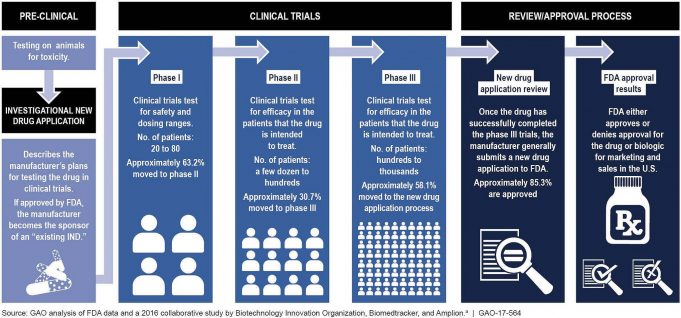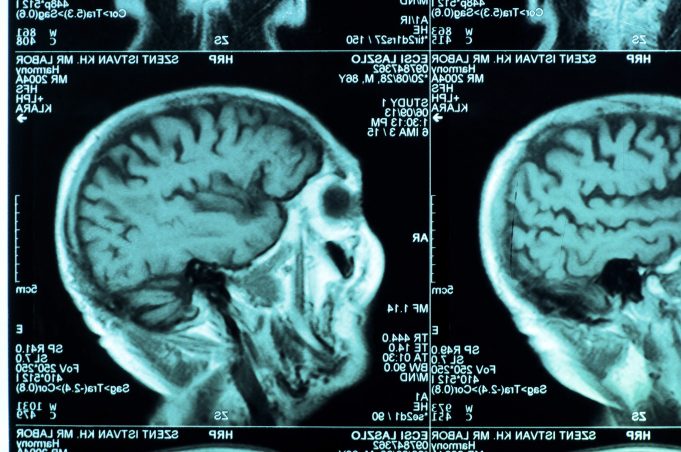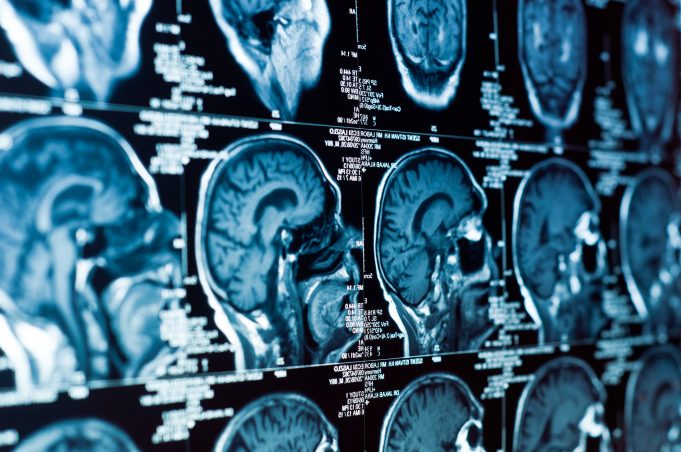Back in the 1920's, a young German doctor named Max Gerson discovered a method that cured him from migraine headaches. The method was so powerful that he later used it to heal patients from diseases like tuberculosis and cancer.
What...
The federal "Right to Try" law makes it possible for terminally ill patients to access investigational treatments that are not yet approved by the Food and Drug Administration (FDA). Although the law has been previously passed in 41 states,...
One year ago during President Trump’s 2018 State of the Union Address, Matt Bellina watched eagerly from the gallery as the president encouraged Congress to pass the Right to Try law. This year, Bellina utilized the law to begin...
Among his many references to health-related concerns in the 2019 State of the Union address, President Trump stressed the significance of his federal “Right to Try” bill passed last May. His goal “to give critically ill patients access to...
Immunotherapy has been changing the way the world looks at cancer. Previously, we had only three options when it came to destroying cancer: cut, burn, and poison. But the past two decades of cancer research have yielded cutting-edge treatments...
A California patient with an aggressive form of brain cancer called glioblastoma has begun investigational treatments under the "Right to Try" law passed in May 2018. The treatment vaccine ERC1671 has had positive results in clinical trials, but because...
Last May, President Trump passed a federal law that says terminally ill patients have the right to use experimental treatments that haven’t yet been fully approved by the Food and Drug Administration (FDA). This law, called Right to Try...
A new study published in Nature Medicine revealed that neurofibromatosis type 1 (NF1) patients who have slow-growing brain tumors may have promising results with immunotherapy treatments.
Nearly 100,000 people in the United states have NF1, a genetic disorder that can cause...
What if it was possible to detect mutating cells before they turn into full-blown cancer?
Researchers from the University of Queensland in Australia are working towards that goal with their new "universal" cancer test. Still in its early stages of development,...
Recent studies have shown that tall people have an increased risk of developing cancer because they have more cells in their bodies. The more cells someone has, the more chance that harmful cell mutations can occur.
Prior studies have confirmed...


































